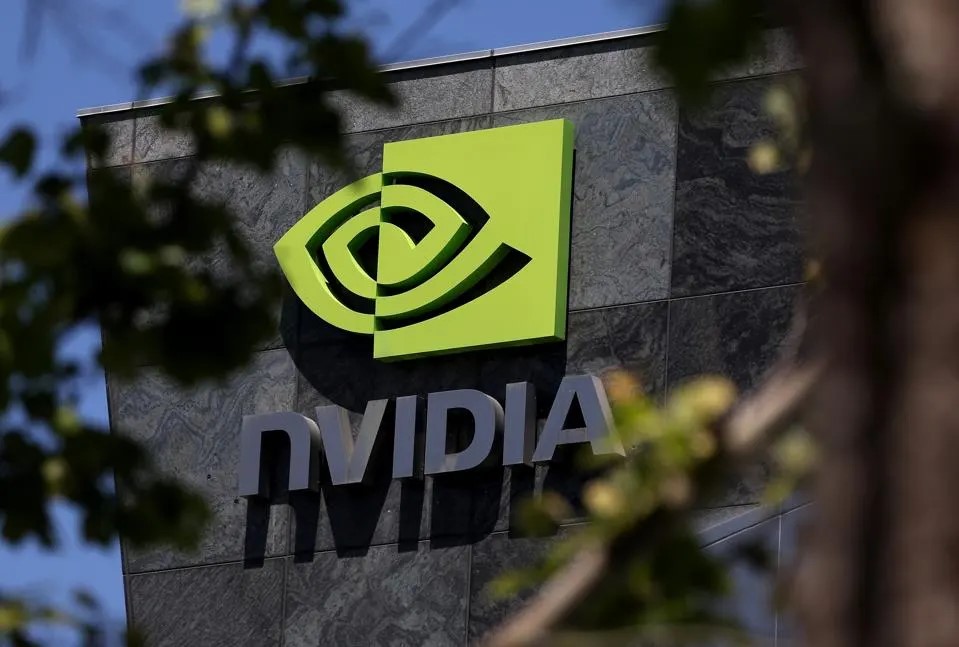
On April 16, the U.S. Department of Commerce announced new export licensing requirements for advanced AI chips, including Nvidia’s H20 and AMD’s MI308, mandating that any exports to China obtain prior approval or face severe penalties. This measure aims to curb China’s technological progress in artificial intelligence but casts a heavy shadow over the global supply chain. Nvidia immediately projected an additional $5.5 billion in charges due to restricted H20 chip sales, while AMD anticipates up to $800 million in extra costs—striking at the profit forecasts of industry leaders and adding fresh uncertainty.
In the short term, these export controls have delivered a direct blow to global commercial trade. Chip prices have risen, prompting numerous downstream manufacturers to alter procurement strategies, leading to delays in server and data center deployments. At the same time, investor confidence in the semiconductor sector has been shaken, triggering significant share price fluctuations. Affected U.S. companies are ramping up R&D efforts to break through the technological blockade, while governments worldwide accelerate policies to bolster domestic supply security and reduce reliance on American products.
Over the medium to long term, these controls are poised to spark a new wave of industrial restructuring globally. To hedge against risks, multinational firms will revamp their supply networks—expanding investments in Southeast Asia and India and pushing domestic alternatives. For instance, Huawei plans to begin volume production next month of its homegrown 910C AI chip to plug the gap in high-end computing power. Although such initiatives may temporarily reduce efficiency and raise costs, they will also accelerate autonomous development in critical tech sectors worldwide.
From a commercial perspective, export regulations will force companies to rethink globalization strategies. Production models heavily reliant on a single source become vulnerable when policy shifts occur. Thus, building resilient supply chains and diversifying market presence will become decisive competitive advantages. Firms must balance compliance with innovation by bolstering R&D, optimizing manufacturing processes, and forging strategic partnerships across more regions to strengthen risk resilience.
In summary, the U.S. export controls on advanced AI chips represent both an extension of technological rivalry and a new front in trade contention. Against this backdrop, global commerce will undergo profound adjustments: supply chains will inevitably face volatility, and businesses and governments must respond proactively to maintain market stability and technological progress. Only through cooperative engagement and multilateral dialogue can the international community foster healthy industry development and achieve shared prosperity.

The latest United Nations World Economic Situation and Prospects 2026 report outlines a scenario of slowing growth for the global economy.
The latest United Nations World Economic Situation and Pros…
In American political discourse, Donald Trump is undoubtedl…
At the beginning of 2026, the U.S. Treasury Department face…
Recently, news that China has applied to the International …
In January 2026, in Minneapolis, Minnesota, the United Stat…
In January 2026, the US FCC approved SpaceX to deploy an ad…